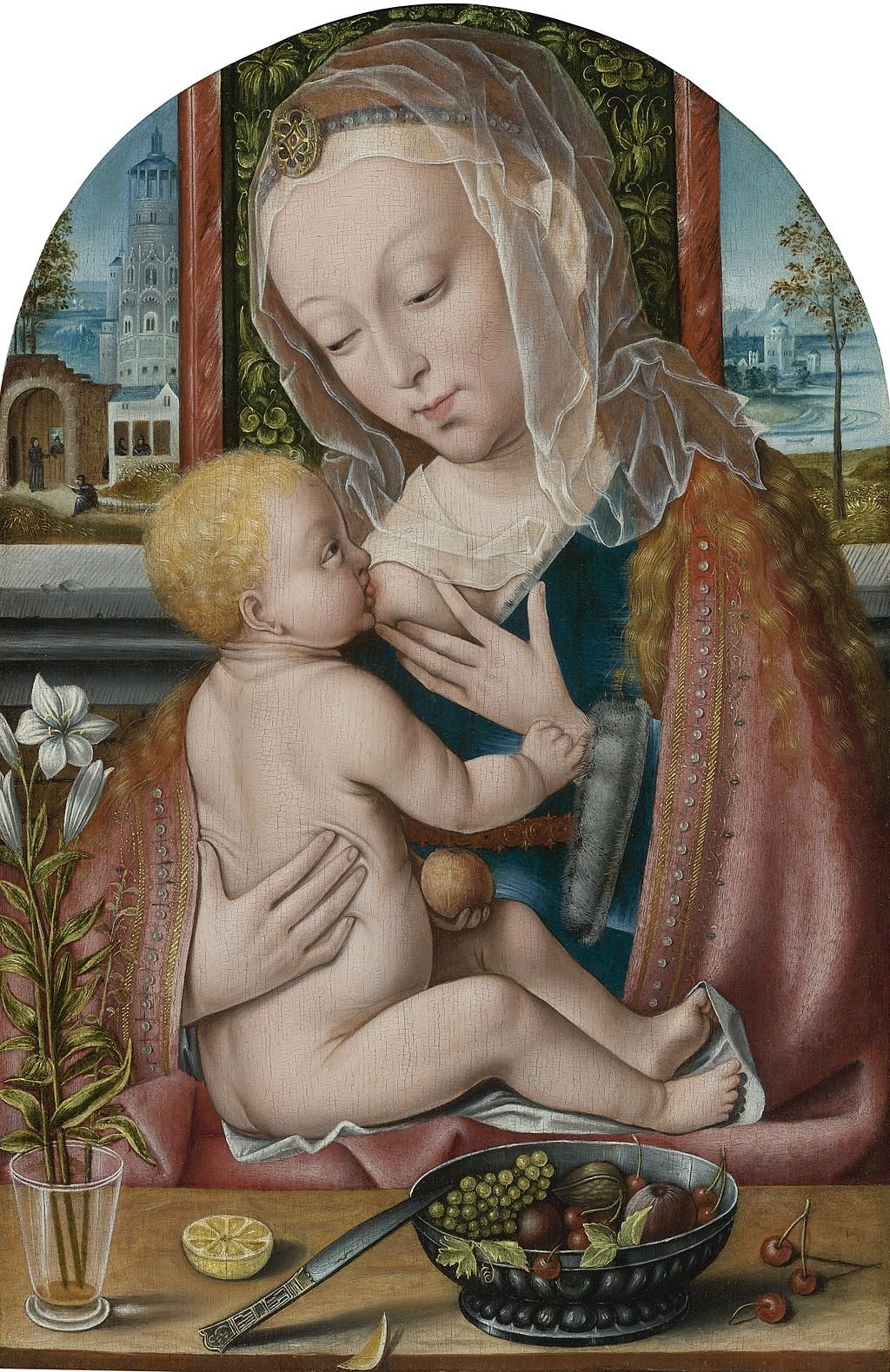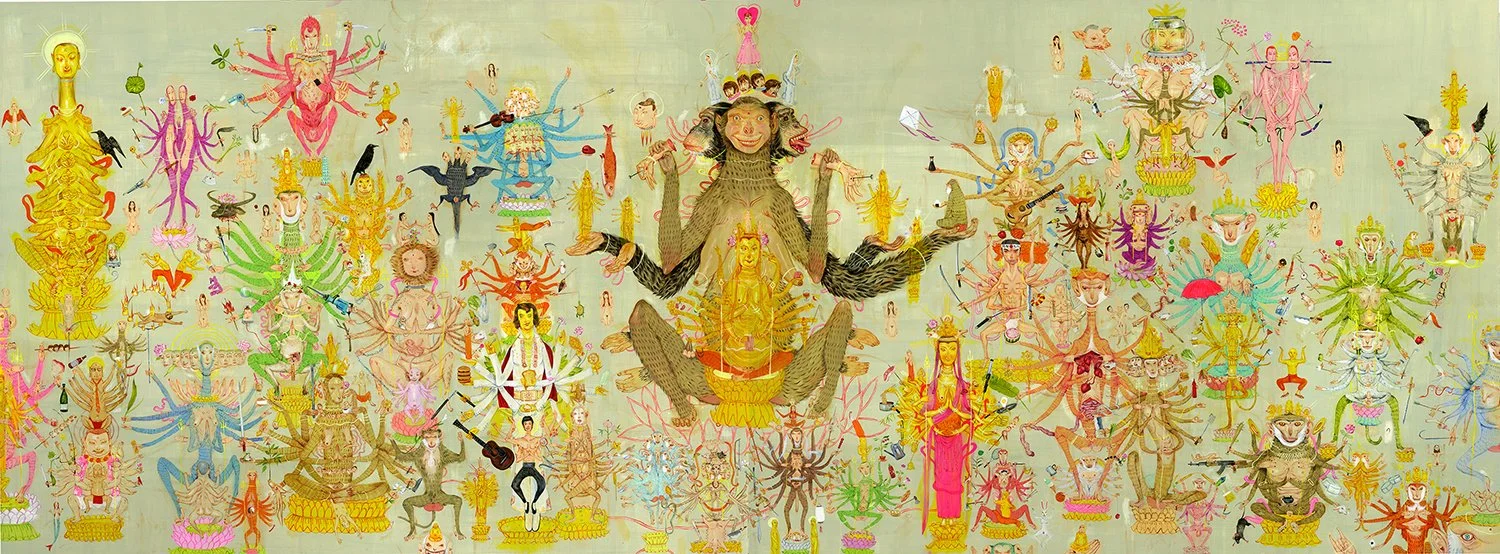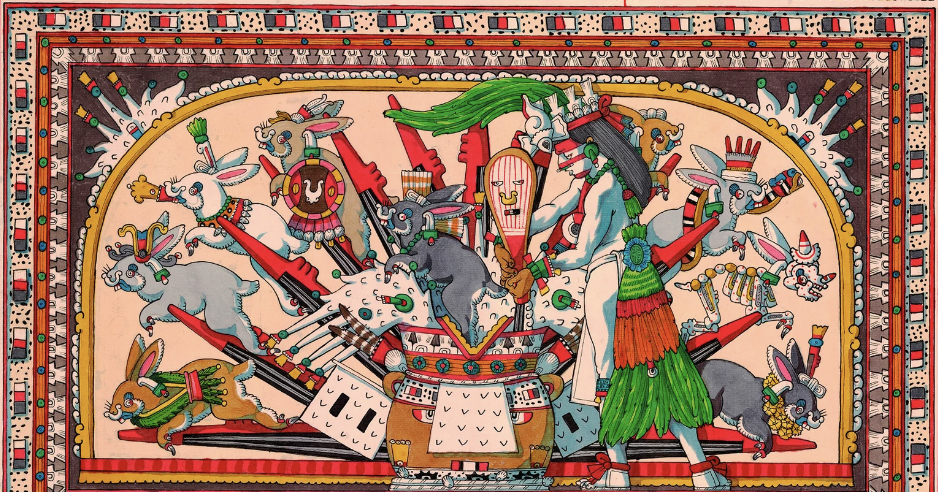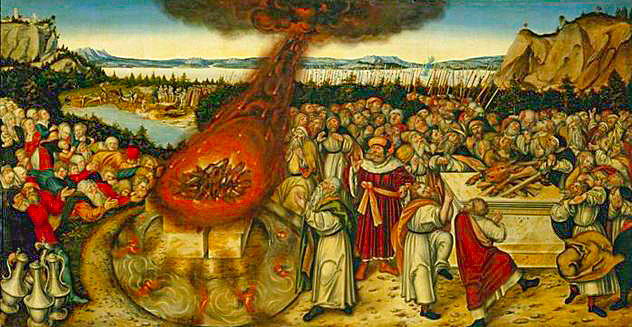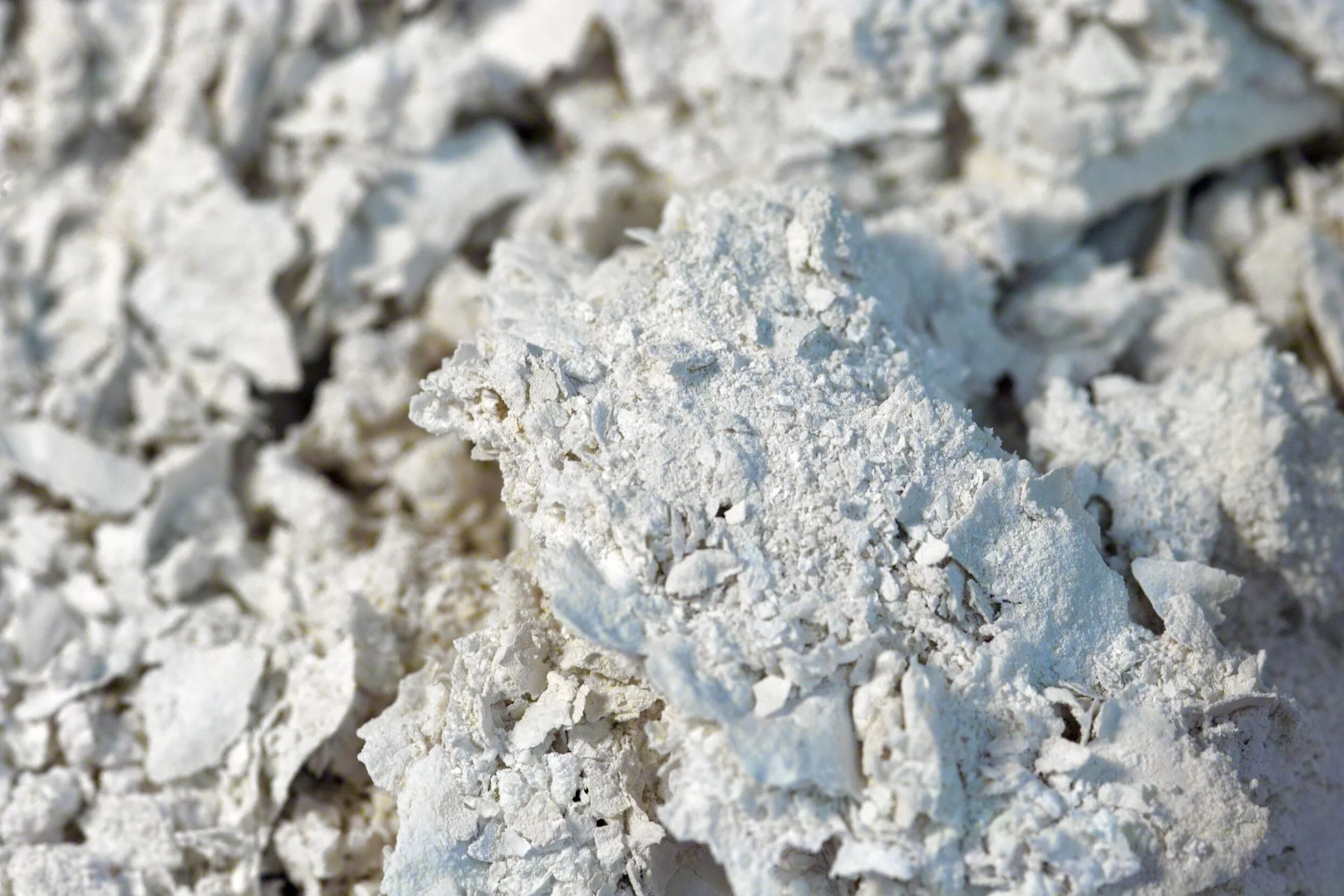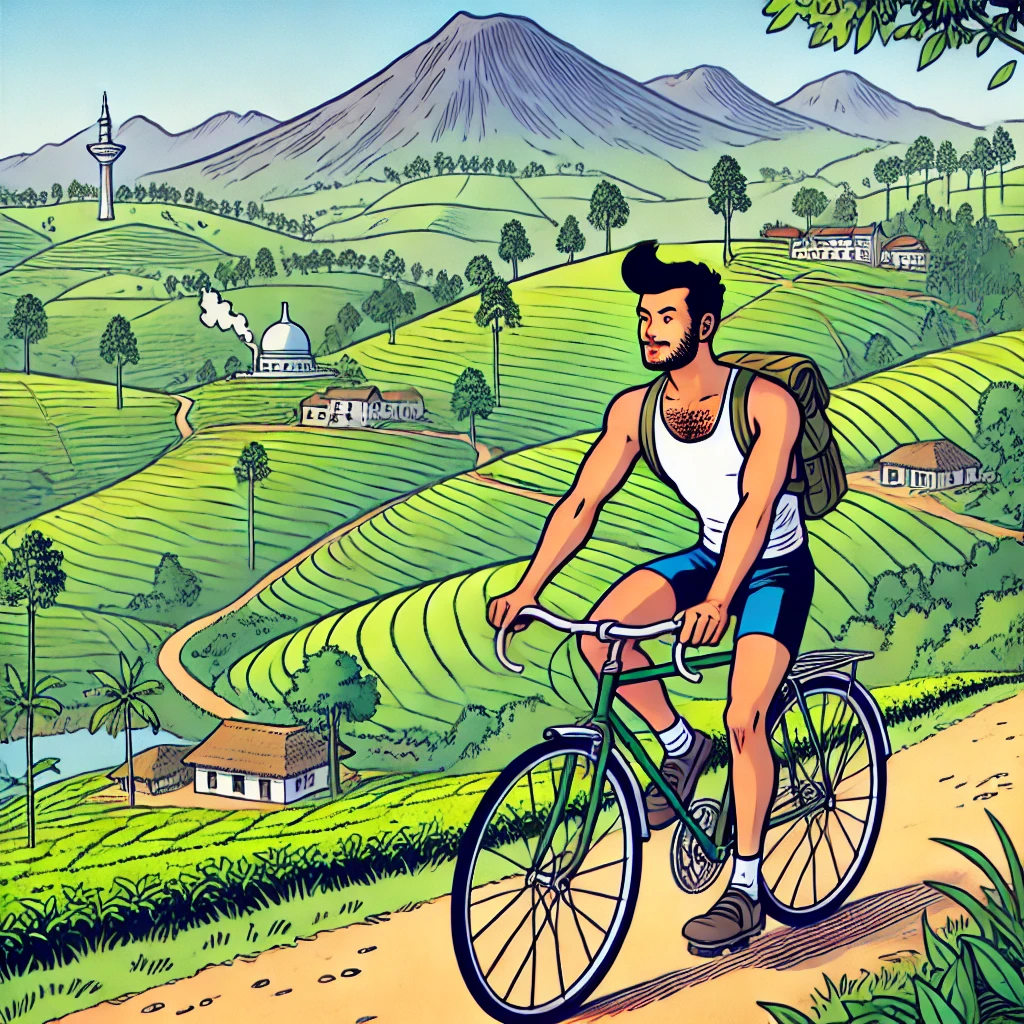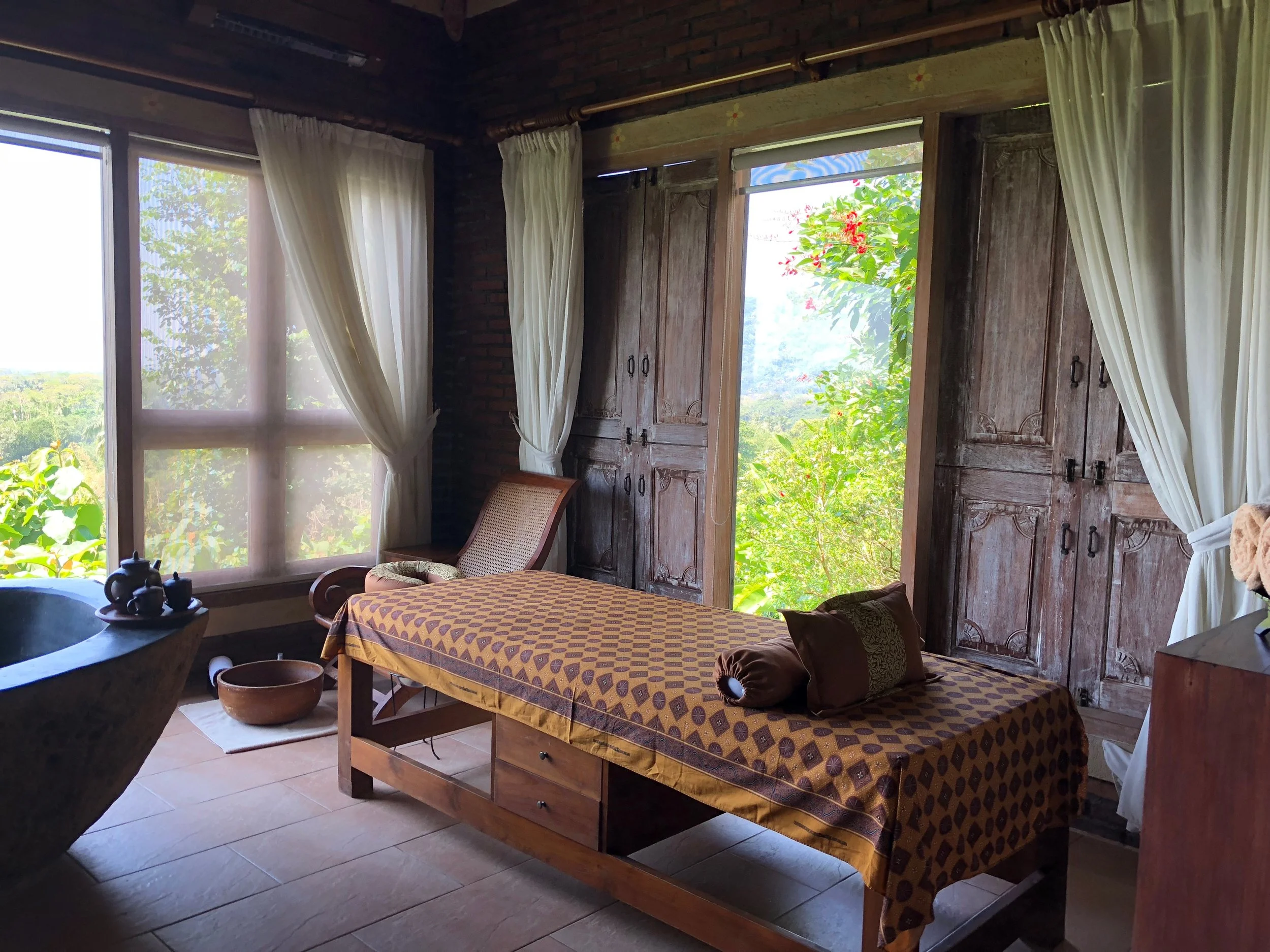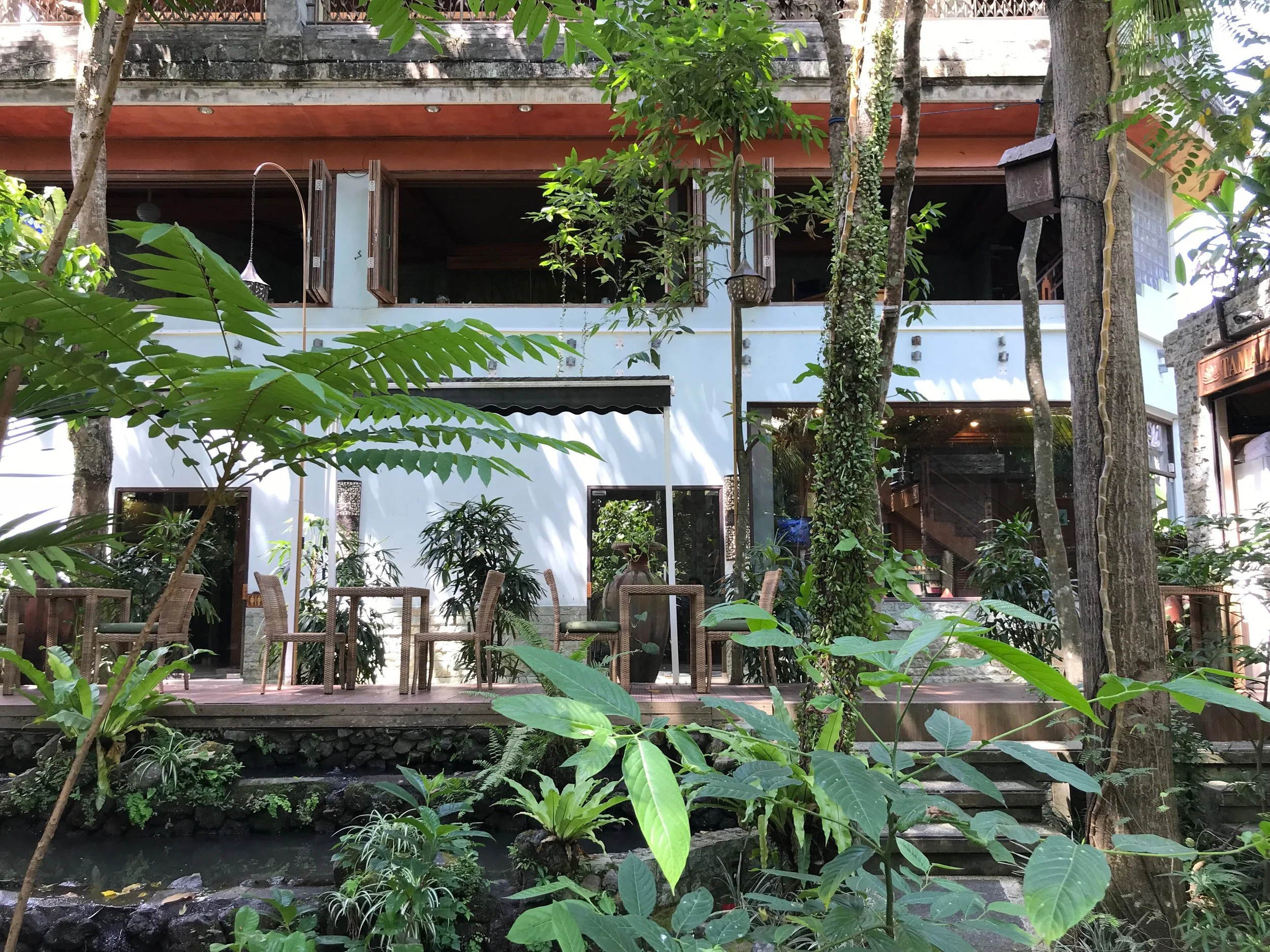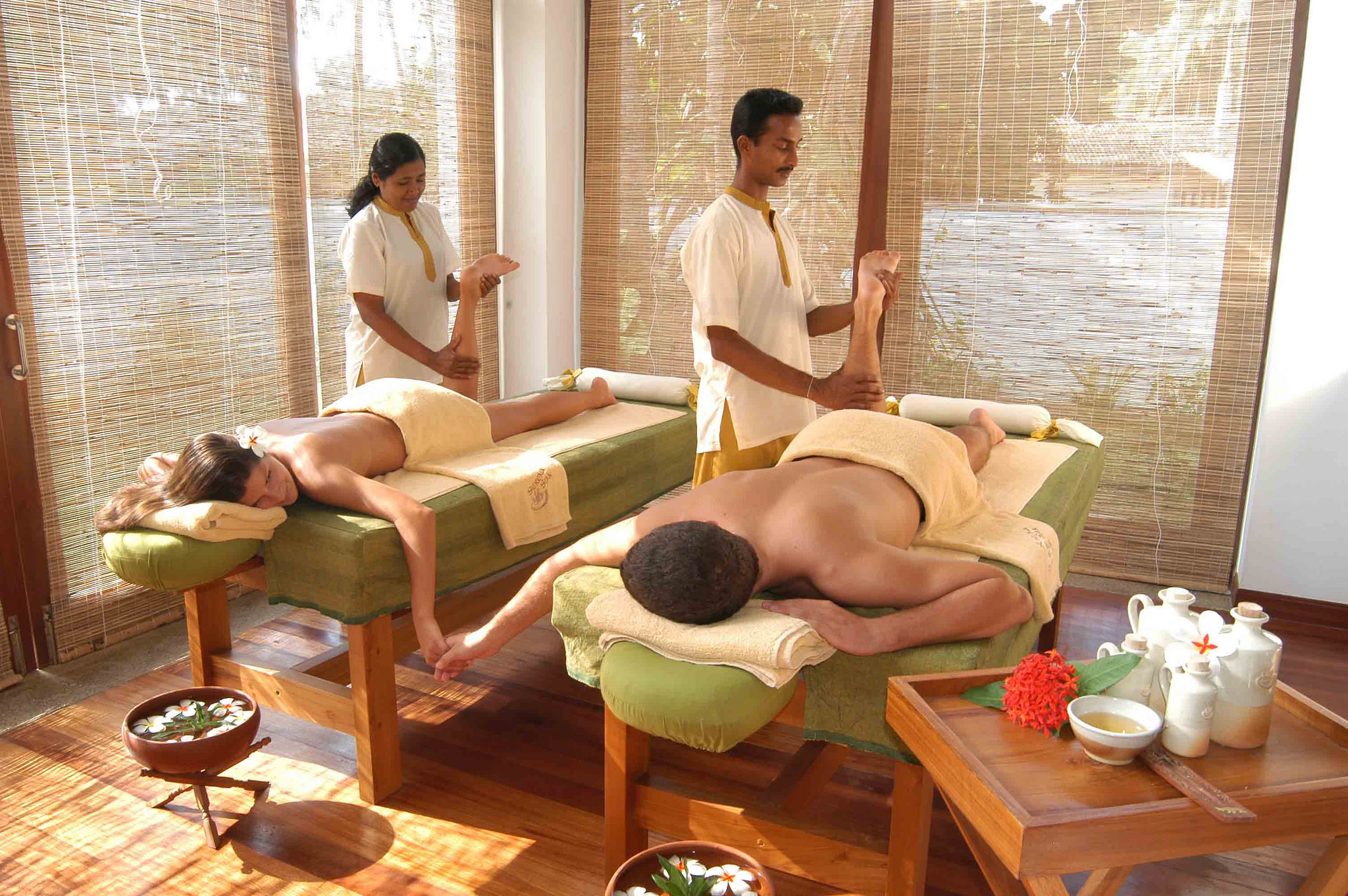Cock an eye at the phallic pastries from Amarante, Portugal, which, strangely, honor a saint.

Doesn’t this penis pastry look simply mouth-watering? Hopefully it's cream-filled!
Portugal’s pastry penises, they pop up (sorry, couldn’t resist) everywhere. Darling small ones covered in sugar. Massive ones big enough to share. Some are filled with, what else, cream. Porcelain ones, can openers, corkscrews line up on store shelves like soldiers at attention. It’s a penispalooza!
You see them all over the country, but they actually come from Amarante east of Porto. A lovely town where everything — the church, the bridge, the convent, a street — is named after the same man, Amarante sits at the western entrance to the Douro Valley, home to the port wine industry.
“Modestly dressed women giggle as they confront an anatomically correct penis dusted with powdered sugar.
There is that awkward moment of deciding whether to use a knife and fork or pick it up and nibble away.”
In the 13th century, long after the Romans built the bridge that bears his name, a priest, now canonized, São Gonçalo, had “matchmaking abilities.”
There is no word on his personal equipment size. Given the doces fálicos (phallic sweets) or bolos (cakes) that commemorate him, however, it must have been quite something.
The fact that he was run out of town for some long-forgotten reason fuels speculation as to why he is so vividly remembered eight centuries later. Also no word on why he’s revered with pastry — malleable, rise-able, edible…shouldn’t go too far with the metaphors.
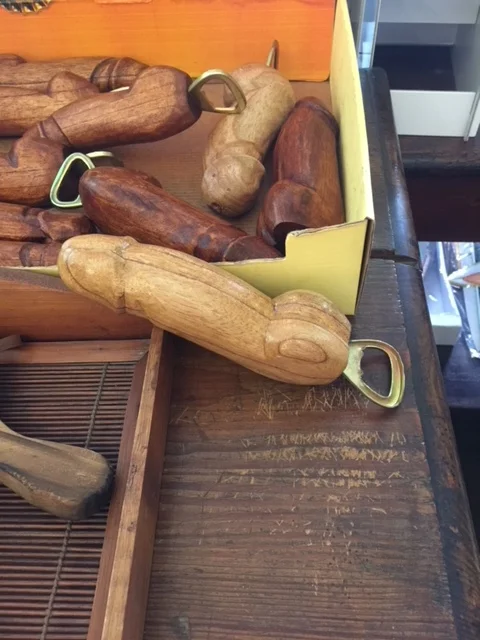
Portugal’s penis obsession extends to other products, including bottle openers
The pastries are given as gifts in January so that the recipient will have a fortuitous and fertile year. But the really big celebration is the first week in June, around São Gonçalo's feast day, when Amarante goes penis crazy.
There’s a procession, fireworks, penis bunting, fetching penis deely-boppers and a lot of pastry penis presents to single women looking for love. In other words, the world’s largest bachelorette party.
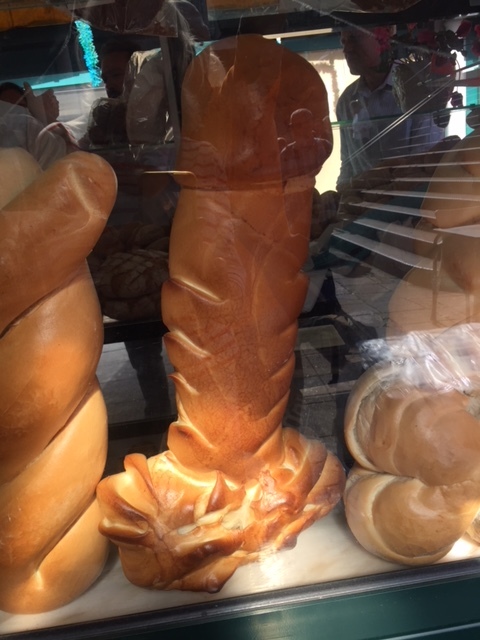
Phallic baked goods are a common sight in Portugal, especially the town of Amarante
The rest of the year, modestly dressed women sit in cafés throughout the country, sipping espresso and giggling as they confront an anatomically correct, carefully circumcised and fully, shall we say, inflated penis dusted with powdered sugar. There is that awkward moment of deciding whether to use a knife and fork or pick it up and nibble away.
Otherwise, if you miss the festa in Amarante, if you’re new to Portugal, if you haven’t seen anyone eating the equivalent of a phallic doughnut, you are left standing in the middle of Porto’s open-air market, staring into a bakery shop window thinking, “That’s not what I think it is. Is it?” –Rebecca









